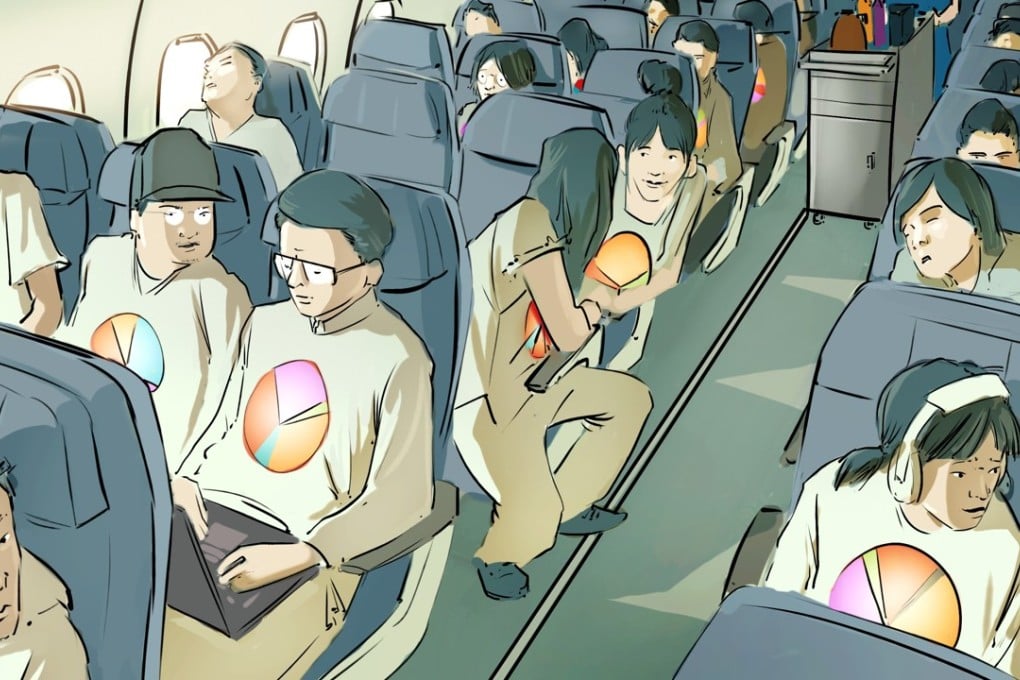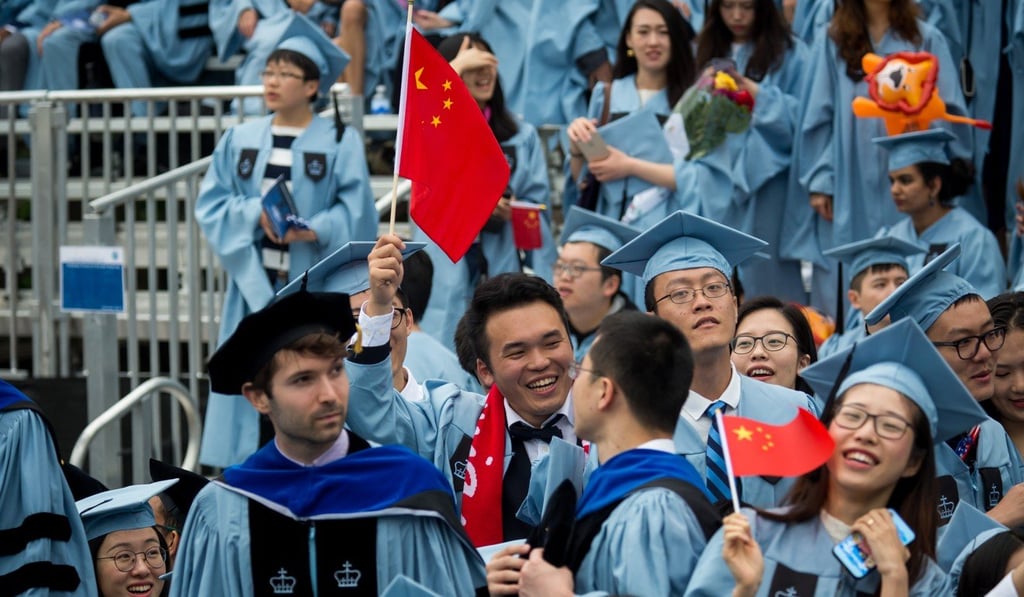How Chinese students who return home after studying abroad succeed – and why they don’t
David Zweig and Zoe Ge say Chinese students are returning home in droves after studying overseas, but whether they earn more and are satisfied with their lives depends on choice of major, work experience abroad and their reasons for returning

The number of Chinese students returning from abroad has grown by leaps and bounds. In 2017, 608,000 students went abroad and 480,900 returned. China is proud of a return rate of 79 per cent; in 1987, the return rate was about 5 per cent, and in 2007 only 30.6 per cent.
Why this turnaround? Many students today are not committed to staying abroad. The largest group of students going out and coming back have been candidates for an MA degree – in 2015, 80.5 per cent of returnees were MA students – whose chances of succeeding abroad are not that great. Their major goal is to enhance their resumes for their job search back in China rather than seek a new life abroad.
But research shows that to really benefit from their time abroad, these young people need to select the right field or major, which affords them important opportunities back in a changing China, and they really need some work experience abroad.
